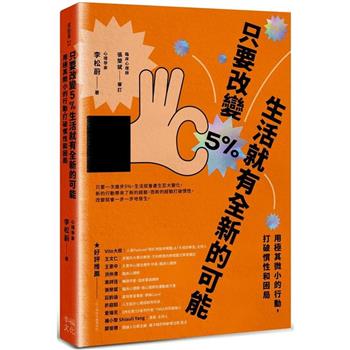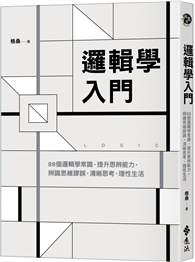In the last few years, there have been myriad media reports regarding Federal Indian boarding schools and their grisly history of violence and cultural erasure against Native people in the United States. The US government recently acknowledged its role for the first time with the Department of the Interior’s publication of the "Federal Indian Boarding School Initiative Investigative Report." In this book, Alicia Carroll tells the history of one form of literary Native resistance to this violence, that of the collaboratively written autobiography. Focusing on work by Hopi boarding school residents, Carroll shows readers that collaborative autobiographical authorship is a practice of Indigenous intellectual sovereignty, using a method they dub indiscipline: a strategy of defying, refusing, or purposefully failing to follow mandates to conform to settler colonial sex and gender norms, including heteronormativity, the binary construct of sex and gender, and the idea of personhood itself.
Through collaboratively written autobiography, Carroll argues that Native authors not only resisted colonial attempts to use sex and gender to alienate them from their homelands and bodies, they created an important Indigenous literary genre that informs our understanding of Native life and art today.
| FindBook |
有 1 項符合
Indiscipline: Reading Collaboratively Written Native American Autobiography的圖書 |
 |
Indiscipline: Reading Collaboratively Written Native American Autobiography 作者:Carroll 出版社:University of North Carolina Press 出版日期:2024-10-29 語言:英文 規格:平裝 / 224頁 / 普通級/ 初版 |
| 圖書館借閱 |
| 國家圖書館 | 全國圖書書目資訊網 | 國立公共資訊圖書館 | 電子書服務平台 | MetaCat 跨館整合查詢 |
| 臺北市立圖書館 | 新北市立圖書館 | 基隆市公共圖書館 | 桃園市立圖書館 | 新竹縣公共圖書館 |
| 苗栗縣立圖書館 | 臺中市立圖書館 | 彰化縣公共圖書館 | 南投縣文化局 | 雲林縣公共圖書館 |
| 嘉義縣圖書館 | 臺南市立圖書館 | 高雄市立圖書館 | 屏東縣公共圖書館 | 宜蘭縣公共圖書館 |
| 花蓮縣文化局 | 臺東縣文化處 |
|
|
圖書介紹 - 資料來源:博客來 評分:
圖書名稱:Indiscipline: Reading Collaboratively Written Native American Autobiography
內容簡介
Somatic States: On Cartography, Geobodies, Bodily Integrity
Somatic States: On Cartography, Geobodies, Bodily Integrity
Brothers Behind Bars: A History of the Muslim Brotherhood from the Palestine War to Egypt’s Prisons
Reel Freedom: Black Film Culture in Early Twentieth-Century New York City
Reel Freedom: Black Film Culture in Early Twentieth-Century New York City
Political Geography: World-Economy, Nation-State and Locality
Between Families and Institutions: Mental Health and Biopolitical Paternalism in Contemporary China
Working-Class Raj: Colonialism and the Making of Class in British India
Ecological and Social Healing: Multicultural Women’s Voices
Ecological and Social Healing: Multicultural Women’s Voices
Somatic States: On Cartography, Geobodies, Bodily Integrity
Brothers Behind Bars: A History of the Muslim Brotherhood from the Palestine War to Egypt’s Prisons
Reel Freedom: Black Film Culture in Early Twentieth-Century New York City
Reel Freedom: Black Film Culture in Early Twentieth-Century New York City
Political Geography: World-Economy, Nation-State and Locality
Between Families and Institutions: Mental Health and Biopolitical Paternalism in Contemporary China
Working-Class Raj: Colonialism and the Making of Class in British India
Ecological and Social Healing: Multicultural Women’s Voices
Ecological and Social Healing: Multicultural Women’s Voices
|










